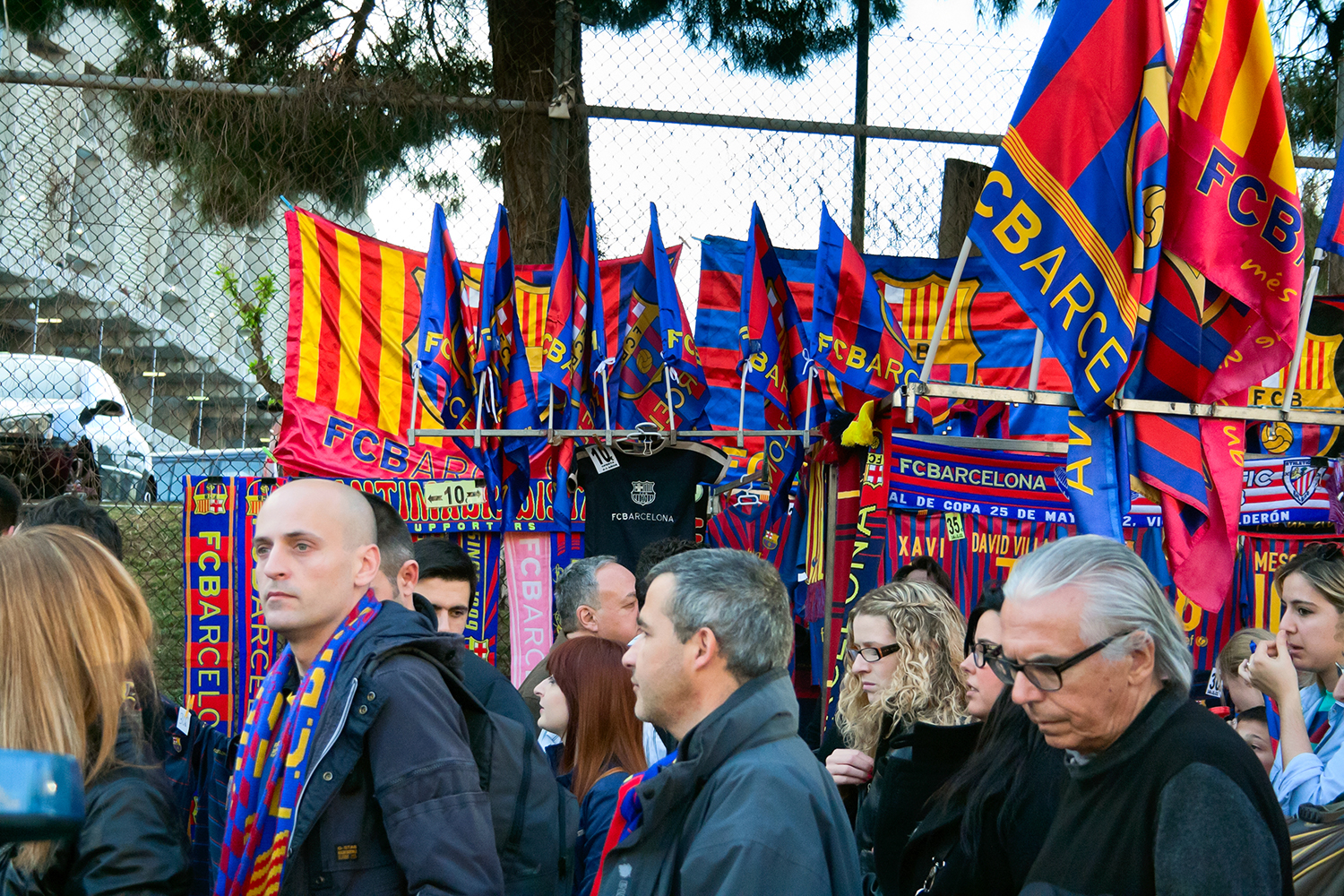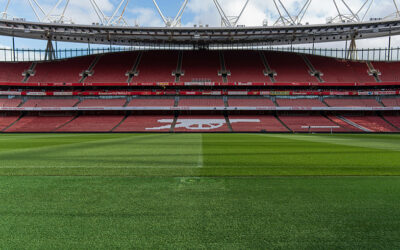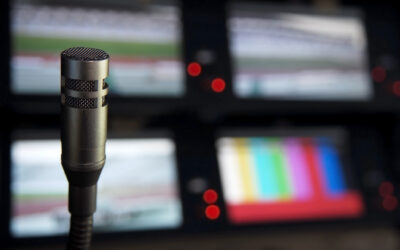The script was supposed to be different for FC Barcelona this season. Under the guidance of Hansi Flick, a revitalized Blaugrana had not just returned to prominence in Spain, but had done so with a swagger and youthful exuberance that had eluded them for years. La Liga looked increasingly like their crown, the Copa del Rey already gleamed in their trophy cabinet, and whispers of a Champions League resurgence grew louder with each dazzling performance. The names Raphinha and Lamine Yamal became synonymous with this renaissance, their brilliance igniting the Camp Nou faithful and striking fear into their rivals.
Raphinha, the tenacious Brazilian winger, had blossomed into a consistent threat, his direct running, incisive passes, and crucial goals proving pivotal in Barcelona’s domestic dominance. Alongside him, the emergence of 17-year-old Lamine Yamal had been nothing short of sensational. The winger, blessed with otherworldly dribbling skills and a maturity that belied his age, had become the team’s spark plug, a constant menace capable of turning a game on its head with a moment of magic. Veterans like Robert Lewandowski, though perhaps not at his absolute peak, still provided crucial experience and a predatory instinct in front of goal, while the midfield, often orchestrated by the burgeoning talent of Pedri, hummed with creativity and control.
This potent blend of youthful exuberance and seasoned experience had propelled Barcelona through a challenging Champions League group stage, showcasing their newfound resilience and attacking firepower. The knockout rounds had presented sterner tests, but Barcelona had navigated them with a blend of tactical nous and sheer willpower, hinting at a return to the European summit they once commanded.
Standing in their way in the semifinals was Inter Milan, a side with their own European pedigree and a steely determination honed in the competitive cauldron of Serie A. While perhaps not possessing the same youthful flair as Barcelona, Inter boasted a battle-hardened squad brimming with tactical discipline and individual quality. The first leg at the Camp Nou had been a pulsating affair, a 3-3 draw that showcased both Barcelona’s attacking prowess and a vulnerability that Inter ruthlessly exploited. Despite twice falling behind by two goals, Barcelona’s fighting spirit, a hallmark of their season, shone through as they clawed their way back to parity, leaving the tie finely poised for the return leg in Milan.
The stage was set at the San Siro for a Champions League classic, and the encounter that unfolded lived up to every expectation, etching a new, albeit painful, chapter in Barcelona’s European history. Lautaro Martínez drew first blood for Inter, his clinical finish a testament to the Nerazzurri’s efficiency. Hakan Çalhanoğlu then doubled the lead from the penalty spot, awarded controversially for a challenge by Pau Cubarsí, leaving Barcelona reeling.
However, the Catalan giants, embodying the “never dies” spirit that had defined their season, mounted a stirring second-half comeback. Eric García pulled one back with a well-taken strike, and then Dani Olmo, who had endured a difficult first half, leveled the score with a moment of brilliance. The momentum had swung dramatically, and with just three minutes left on the clock, Raphinha, the embodiment of Barcelona’s relentless energy, fired home what looked like the decisive goal, sending the away end into delirium. For the first time in the tie, Barcelona led.
But this Barcelona, for all their newfound strengths, still harbored a fragility that had haunted them in past European campaigns. Just six minutes later, veteran defender Francesco Acerbi, a towering presence in the Inter defense, popped up at the back post to equalize, silencing the Barcelona celebrations and sending the tie into extra time.
The additional thirty minutes were a tense and emotionally charged affair. Davide Frattesi, a constant menace for Inter, struck the decisive blow in the 99th minute, sending the San Siro into an eruption of noise as the rain began to fall. Barcelona, their legs heavy and their dreams fading, threw everything at Inter in a desperate search for an equalizer. Lamine Yamal, despite his tender age, continued to be Barcelona’s brightest spark, his dazzling footwork and unwavering determination a constant thorn in Inter’s side. He struck the post and forced a string of incredible saves from Inter’s veteran goalkeeper, Yann Sommer, who proved to be an impenetrable wall in the dying moments.
Despite their Herculean efforts, Barcelona could not find a way through. The final whistle blew, confirming Inter’s passage to their second Champions League final in three years and leaving Barcelona’s players crestfallen on the rain-soaked pitch. The 7-6 aggregate scoreline told the story of a captivating semifinal, a true spectacle of attacking football, but for Barcelona, it represented a bitter end to their European aspirations.
The post-mortem began swiftly. While Craig Burley pointed to Barcelona’s high defensive line as a key factor in their undoing, allowing Inter to exploit the space in transition, the reality was more nuanced. While their attacking brilliance had often masked defensive vulnerabilities throughout the season, against a shrewd and experienced Inter side, these weaknesses were ruthlessly exposed. The concession of soft goals, particularly at crucial moments, ultimately proved their undoing.
Yet, amidst the disappointment, there was a sense that this season, despite its heartbreaking European conclusion, represented a significant step forward for Barcelona. The La Liga title looked within their grasp, the Copa del Rey was already secured, and the emergence of talents like Yamal and the consistent brilliance of Raphinha offered a glimpse into a bright future. As the article rightly pointed out, this young Barcelona side was writing a new chapter, one characterized by a fighting spirit and a renewed belief in their ability to compete with Europe’s elite.
The banners held aloft by the 4,000 traveling fans in Milan, proclaiming “We are back,” resonated with the sentiment surrounding the club. The ghosts of past European humiliations seemed to have been exorcised, replaced by a tangible sense of optimism. Lamine Yamal, hailed as a “genius” by both his own manager and Inter’s Simone Inzaghi, had shone brightly on the biggest stage, his talent and self-confidence infectious.
The defeat to Inter was a painful reminder that the journey back to the pinnacle of European football is rarely linear. There will be setbacks, lessons learned, and areas for improvement. However, the phenomenal season orchestrated by Barcelona, fueled by the brilliance of Raphinha, the emergence of Yamal, and a collective fighting spirit, should not be defined solely by this Champions League exit. They had rediscovered their identity, their swagger, and most importantly, their belief. The future, despite the immediate disappointment in Milan, looks undeniably bright for this exciting Barcelona side. Their story in the Champions League this season may have ended prematurely, but the new chapter they are writing promises many more compelling installments to come.






0 Comments